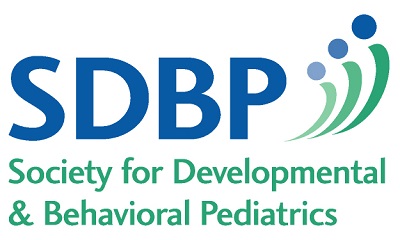Advanced practice registered nurses (APRN’s) are registered nurses (RN’s) who receive additional education, earning a master’s degree or higher, within one of four advanced practice nursing roles. The four roles are: nurse practitioners, clinical nurse specialists, nurse midwives and nurse anesthetists. APRN’s have expert clinical experience in their field and work closely with other members of a health care team. They must pass a certification exam and be licensed by a State Board of Nursing to practice as an advanced practice registered nurse. APRN’s practice under the rules and regulations of the state’s Nurse Practice Act. APRN’s provide many health services, including:
- Health histories and physical examinations
- Interpretation of tests
- Developmental assessments
- Evaluation and treatment of acute and chronic illnesses and disabilities
- Prescribe medications, according to state laws
- Patient/family education
- Coordination of care
- Counseling for health problems and concerns
- Counseling to promote good health and prevent illness and injury
- Health screening and referral to other health professionals
What is the role of an Advanced Practice Registered Nurse (APRN) in Developmental and Behavioral Pediatrics?
Advanced Practice Registered Nurses (APRN’s) who work in the field of Developmental and Behavioral Pediatrics are pediatric nurse practitioners, family nurse practitioners or clinical nurse specialists who have additional training and expertise in the evaluation and care of children and adolescents with developmental disabilities and/or behavior disorders. Developmental-Behavioral APRN’s evaluate children at risk for developmental or behavioral problems, diagnose medical conditions and provide ongoing health care to treat those conditions. These conditions may include the following:
- Developmental delay
- Developmental Disabilities (autism spectrum disorder, spina bifida, cerebral palsy, Down syndrome or other genetic disorders, visual and hearing impairments, intellectual disabilities, etc.)
- Learning disorders
- Attention deficit hyperactivity disorder (ADHD) and associated conditions
- Behavior problems, severe tantrums, or aggression
- Anxiety disorders
- Depression
- Problems with sleep, feeding, or toilet training
Developmental and behavioral APRN’s often work in collaboration with a team of professionals including physicians, psychologists, social workers, occupational therapists, physical therapists, speech therapists, special educators, nutritionists , child neurologists and child psychiatrists. In addition to working in a clinical practice, they may also work as educators, consultants, health policy advocates and researchers. They work in a variety of settings, including hospitals, specialty clinics, primary care medical practices, rehabilitation centers, community agencies, and schools.
